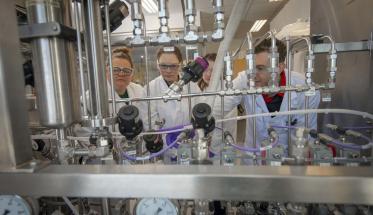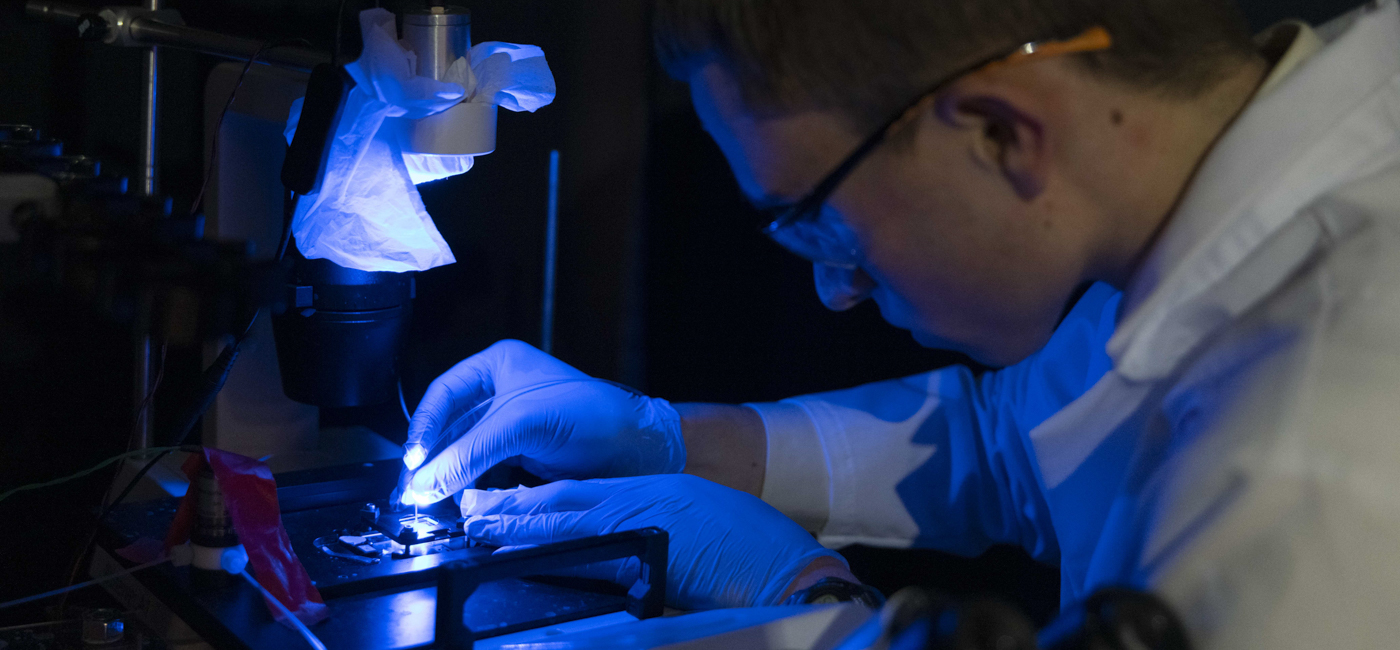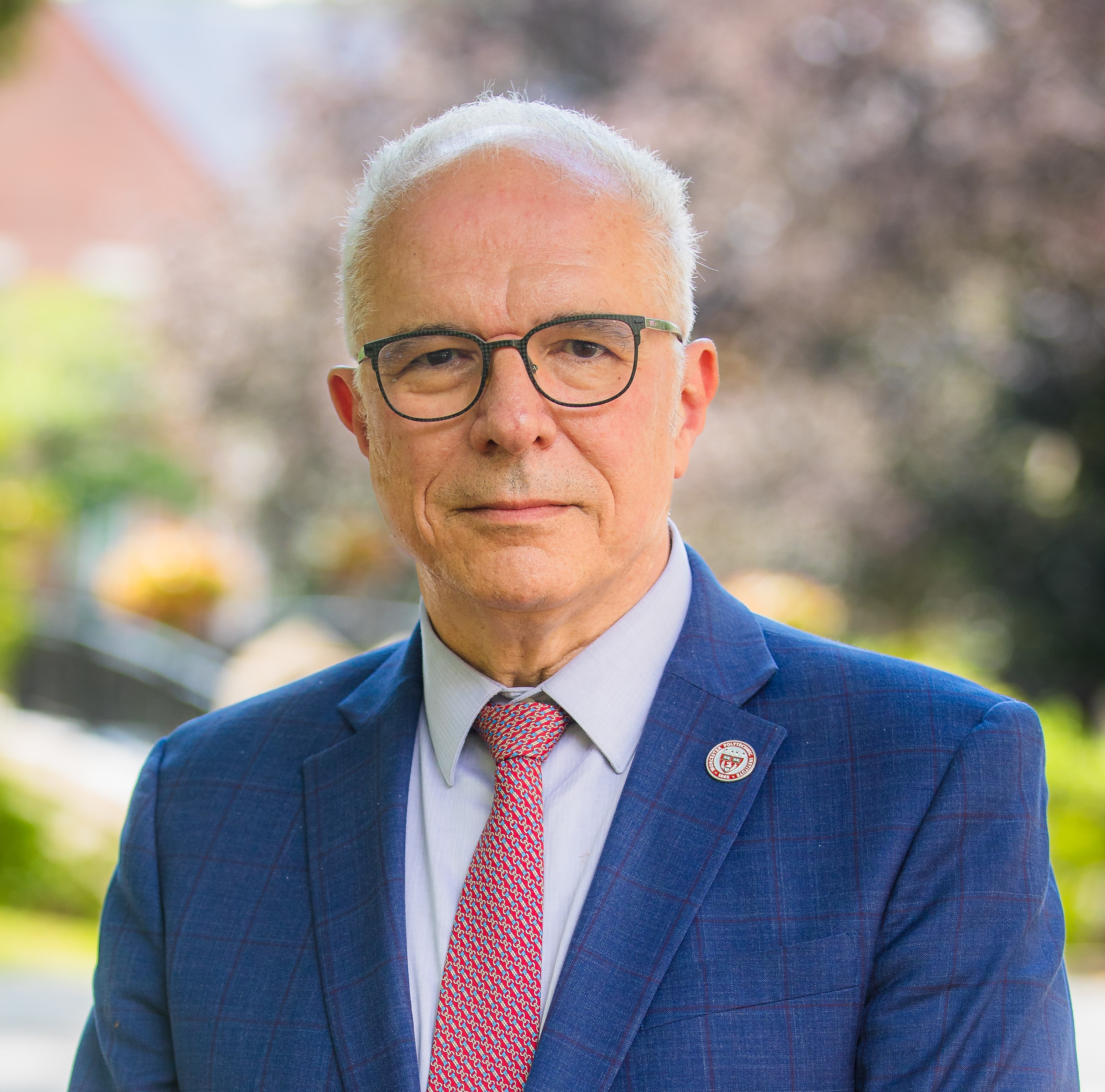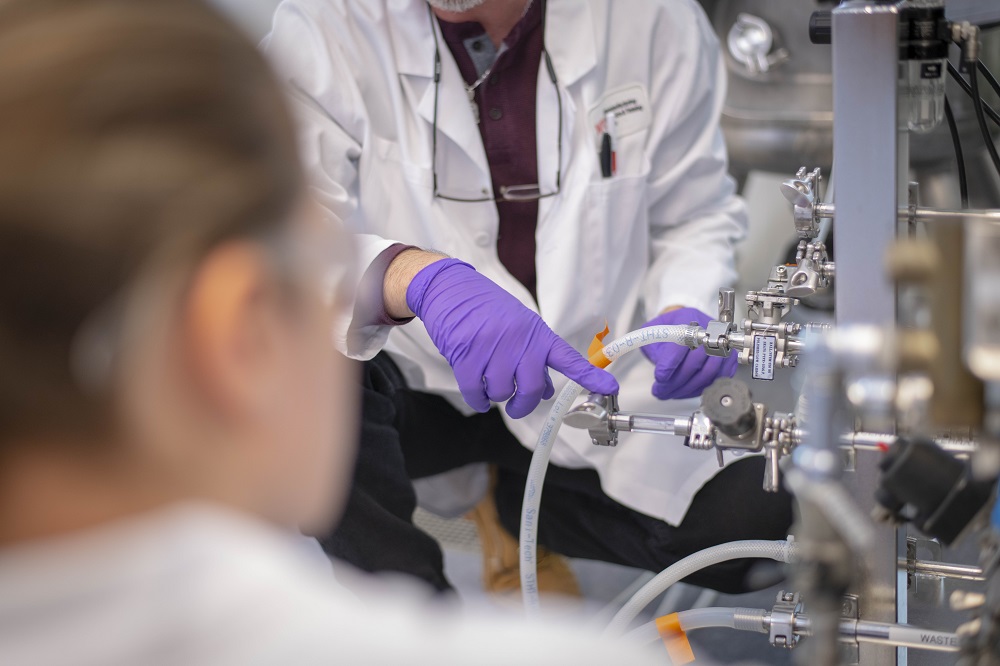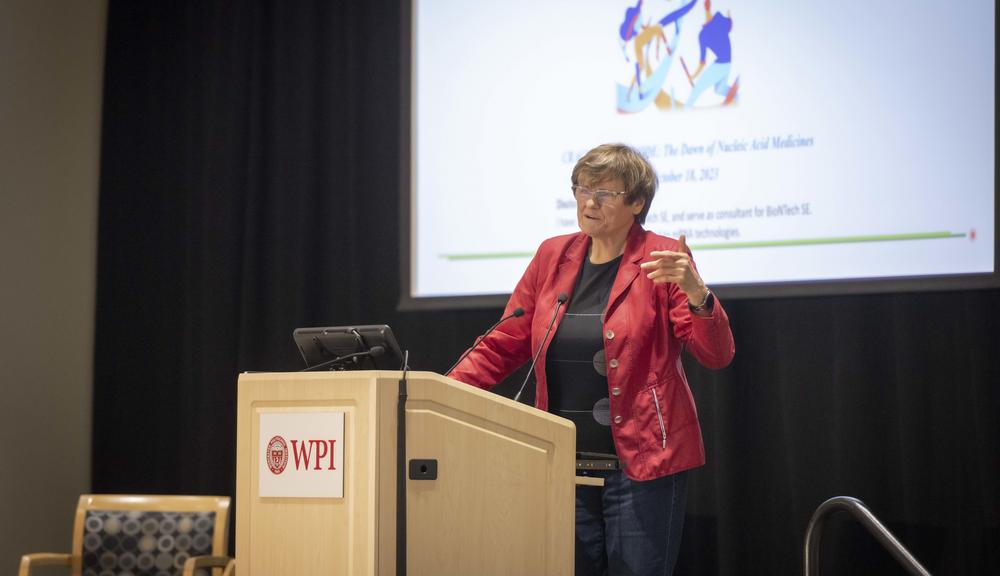Massachusetts has been one of the nation’s leaders in biomanufacturing for more than a decade, and COVID has underscored this industry’s critical importance. With US biomanufacturing job growth listed as “faster than average” and a projected demand in Massachusetts for an additional 40,000 jobs over the next 10 years, there is a clear need to grow this industry and meet its future work needs. To that end, WPI is joining a regional coalition to support biotech hubs throughout New England. The group called BioConnects New England will build a biomanufacturing economic development corridor across Masssachusetts, Maine, and Rhode Island by establishing and expanding infrastructure in underserved regions and building career pathways through workforce development and educational programs.
“WPI has long played a vital role in spearheading biomanufacturing efforts across Massachusetts and throughout the region. This initiative will build on our collective work and allow us to tap new resources that will not only have an impact in New England but across the nation and the world,” says Bogdan Vernescu, vice provost for research at WPI. “By combining the complementary expertise that exists within BioConnects New England, we are strengthening our respective research capabilities, creating new training opportunities and increasing the likelihood of making novel scientific discoveries that will lead to transformative technologies.”
BioConnects New England’s work is already underway and is being supported in part by a $500,000 Phase I Build Back Better Regional Challenge grant from the United States Economic Development Administration (EDA). The grant program’s goal is to boost pandemic recovery and rebuild communities by developing regional industry clusters, creating good-paying jobs, and enhancing U.S. competitiveness globally. Now BioConnects New England’s efforts could soon get a big shot in the arm because, out of a pool of 529 applicants, the coalition has been selected as one of 60 chosen as finalists for Phase 2 of the Challenge. During Phase 2, the EDA will award 20-30 regional coalitions up to $100 million to implement projects that support an industry sector. (Those who are selected for funding will be announced in June.)
In any case, BioConnects New England will continue its efforts to bring more biomanufacturing opportunities to New England with a focus on equity, innovation, and preparing job seekers for high-paying, biotechnology jobs of today, and the future.
